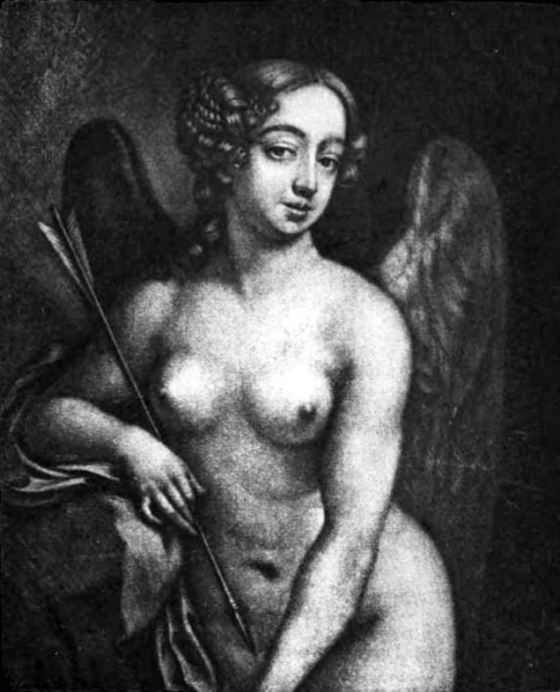Source: Diary of Samuel Pepys, 6 February 1668
Production: George Etherege, She Would if She Could, Lincoln’s Inn Fields Theatre, London, 6 February 1668
Text: Up, and to the office, where all the morning,, and among other things Sir H. Cholmly comes to me about a little business, and there tells me how the Parliament, which is to meet again to-day, are likely to fall heavy on the business of the Duke of Buckingham’s pardon; and I shall be glad of it: and that the King hath put out of the Court the two Hides, my Lord Chancellor’s two sons, and also the Bishops of Rochester and Winchester, the latter of whom should have preached before him yesterday, being Ash Wednesday, and had his sermon ready, but was put by; which is great news: He gone, we sat at the office all the morning, and at noon home to dinner, and my wife being gone before, I to the Duke of York’s playhouse; where a new play of Etherige’s, called “She Would if she Could;” and though I was there by two o’clock, there was 1000 people put back that could not have room in the pit: and I at last, because my wife was there, made shift to get into the 18d. box, and there saw; but, Lord! how full was the house, and how silly the play, there being nothing in the world good in it, and few people pleased in it. The King was there; but I sat mightily behind, and could see but little, and hear not all. The play being done, I into the pit to look [for] my wife, and it being dark and raining, I to look my wife out, but could not find her; and so staid going between the two doors and through the pit an hour and half, I think, after the play was done; the people staying there till the rain was over, and to talk with one another. And, among the rest, here was the Duke of Buckingham to-day openly sat in the pit; and there I found him with my Lord Buckhurst, and Sidly, and Etherige, the poet; the last of whom I did hear mightily find fault with the actors, that they were out of humour, and had not their parts perfect, and that Harris did do nothing, nor could so much as sing a ketch in it; and so was mightily concerned while all the rest did, through the whole pit, blame the play as a silly, dull thing, though there was something very roguish and witty; but the design of the play, and end, mighty insipid. At last I did find my wife staying for me in the entry; and with her was Betty Turner, Mercer, and Deb. So I got a coach, and a humour took us, and I carried them to Hercules Pillars, and there did give them a kind of a supper of about 7s., and very merry, and home round the town, not through the ruines; and it was pretty how the coachman by mistake drives us into the ruines from London-wall into Coleman Street: and would persuade me that I lived there. And the truth is, I did think that he and the linkman had contrived some roguery; but it proved only a mistake of the coachman; but it was a cunning place to have done us a mischief in, as any I know, to drive us out of the road into the ruines, and there stop, while nobody could be called to help us. But we come safe home, and there, the girls being gone home, I to the office, where a while busy, my head not being wholly free of my trouble about my prize business, I home to bed. This evening coming home I did put my hand under the coats of Mercer and did touch her thigh, but then she did put by my hand and no hurt done, but talked and sang and was merry.
Comments: Samuel Pepys (1633-1703) was a British naval administrator and diarist. His account of the first performance of Sir George Etherege‘s comedy She Would if She Could is a particularly informative account of the Restoration theayre in performance. The Duke’s Playhouse, or Lincoln’s Inn Fields Theatre, probably had an audience capacity of 650. The prompter John Downes‘s Roscius Anglicanus gives the forgetful cast as including Smith (Courtall), Young (Freeman), Harris (Sir Joslin Jolly), Nokes (Sir Oliver), Mrs Jenning (Ariana), Mrs Davis (Gatty), Mrs Shadwell (Lady Cockwood). Downes’ memory of the play was that “It took well, but Inferior to Love in a Tub” (Etherege’s first play).
Links: https://www.pepysdiary.com/diary/1668/02/06
John Downes, Roscius Anglicanus
